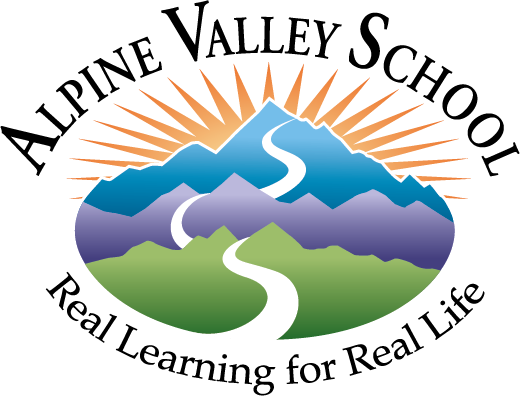Video Games as a Tool For Reading
When my brother was eight years old he, like many people, loved video games. At this point in time online multiplayer games were just beginning to emerge as a medium and with them came the ability to chat with your friends over the computer. This involved a lot of reading, which my brother hadn’t yet mastered, and so he asked for my help. I would dutifully sit beside him and read to him what his friends, and others, were “saying” in the video game, and help him type out his response.
We were both students at Alpine Valley School at the time, and though I was mostly happy to help when we were home together, I didn’t want to disrupt my entire day to read his friends messages while we were at school. For a while, my brother found others willing to help him with his quest, but eventually we all got sick of reading things for him and he was forced to figure it out on his own. And do you know what? He did. With remarkable alacrity.
From the outside, my brother went from a kid who was not reading at all, to someone fully competent in phonics seemingly overnight. Of course, on the inside I’m sure this seemed much different to him and he’s told me that the journey involved a great deal of hard work even as it seemed effortless to me. And the main tool he used to help learn to read? The same tool that inspired his desire to read in the first place - video games.
Another graduate of Alpine Valley School, Lisa Mancuso, has talked about how her desire to ‘act out” video games (these were the days before voice actors) prompted her to learn to read. Thanks to audio books, and helpful older members of the community, she had gone much of her young life without feeling the desire to read herself, but as soon as her friends started getting together to collectively voice act different parts from a very long video game, she felt the pull much the same as my brother did. Suddenly, there was something she cared about that involved reading, and so read she did.
Anyone involved with a Sudbury school (or another self-directed model of education) has countless stories like these at their disposal. Over my many years as a student and a staff member at Alpine Valley School I’ve seen how quickly knowledge can be acquired, and how inspiring young people’s curiosity can be to everyone in the community. We are all born inquisitive, creative, social creatures and it generally takes institutionalized education to strip us of these values and “teach” us that we must learn by rote, repetitive, boring, isolating methods. What we at Alpine Valley School know is that “education” is innate, learning happens by living, and skills are acquired when they are most valuable.
To hear more about how Josh (my brother) and Lisa learned to read, check out episode 35 of the Alpine Valley School podcast: Learning to Read.

